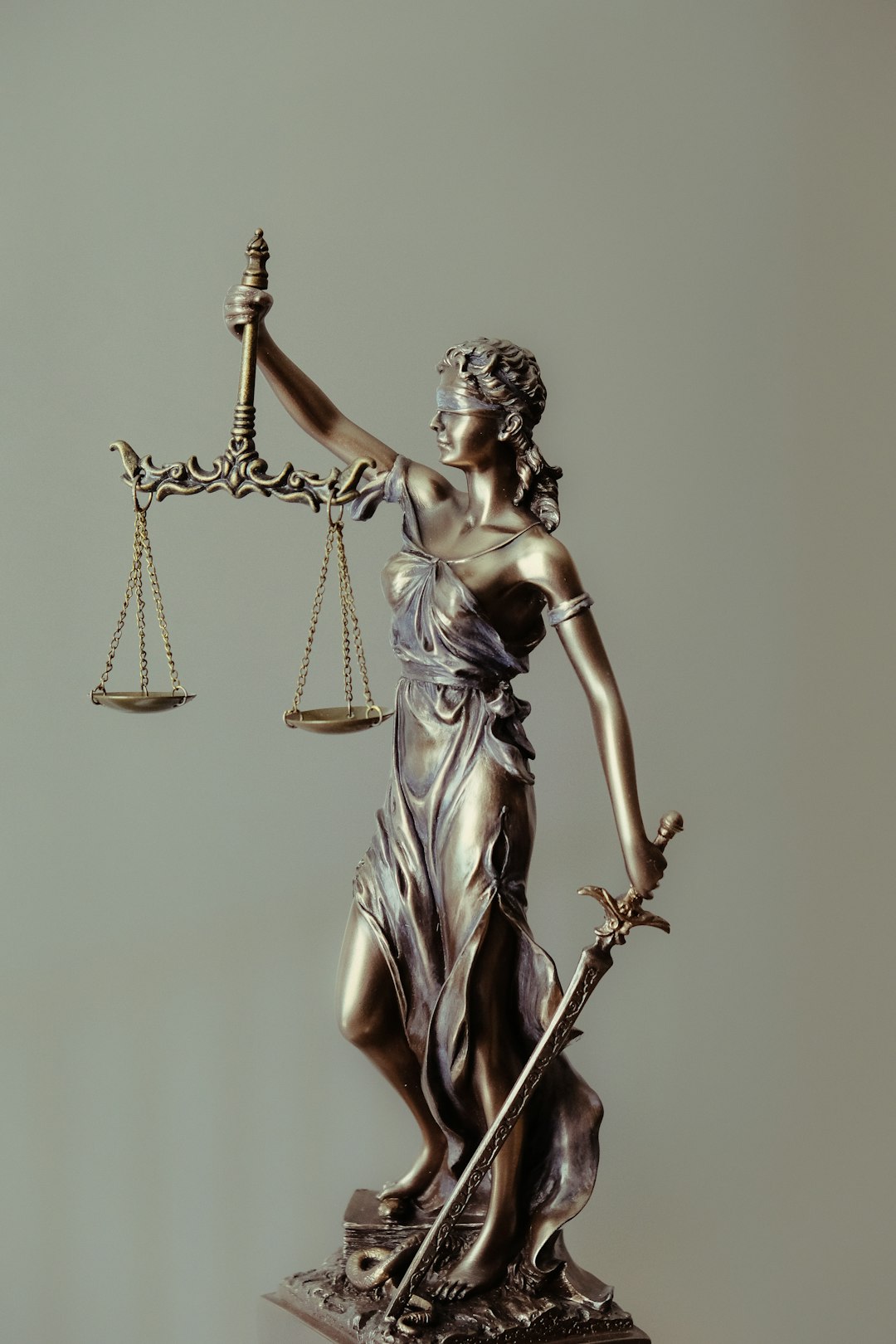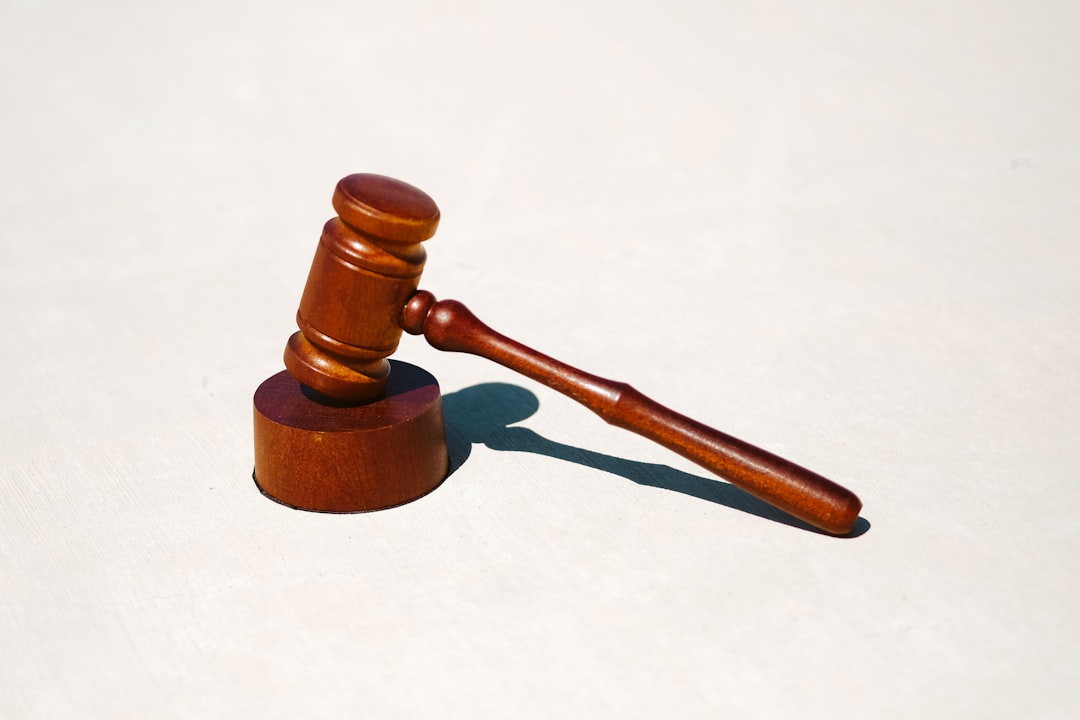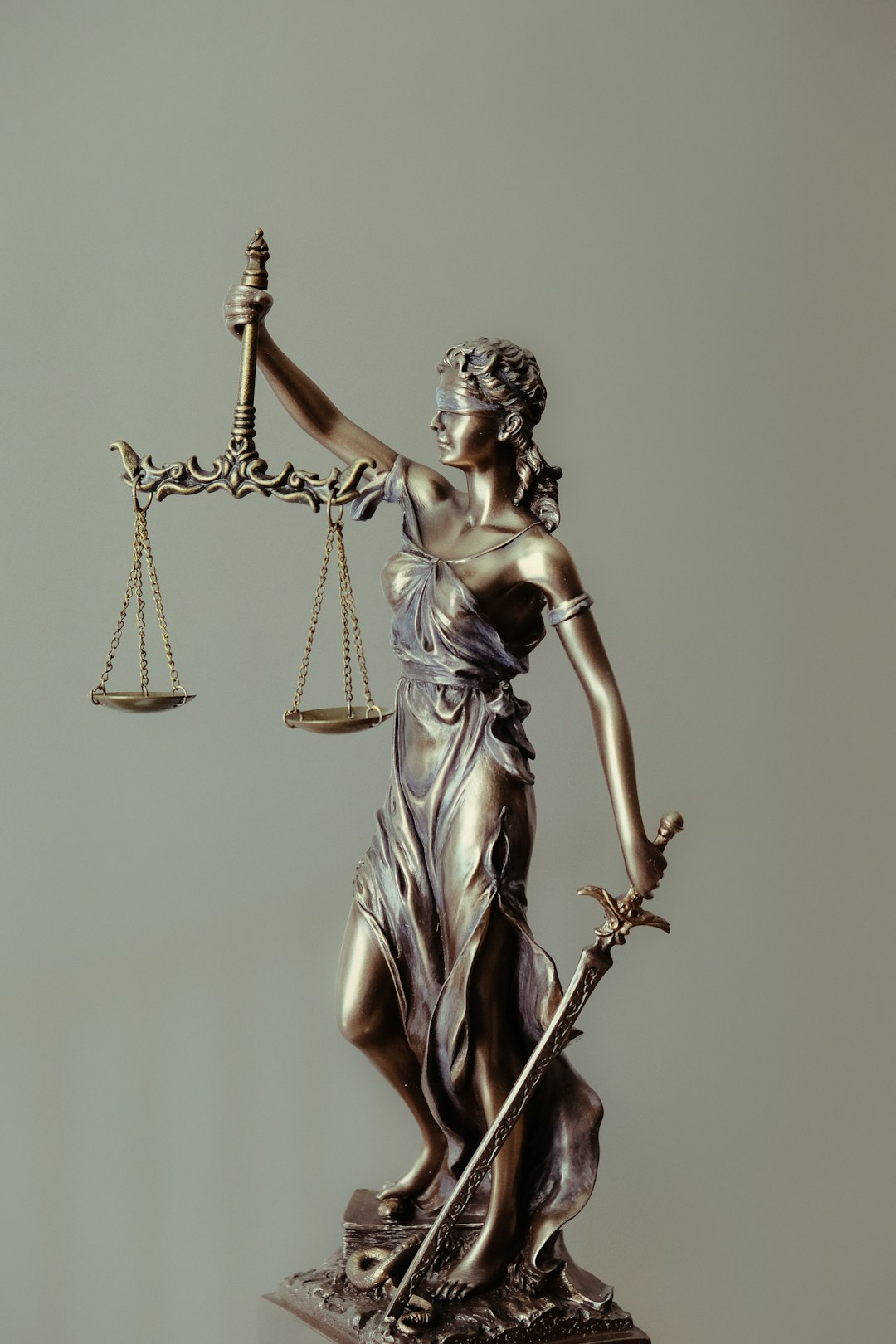Language barriers in Batesville, Arkansas, sexual assault cases pose significant challenges for non-native speakers. Hiring a qualified sexual assault lawyer Arkansas who offers translation services and interpreter support ensures clear communication, protects rights, and maintains case integrity. These professionals are vital advocates for non-English speaking victims, promoting fairness and justice through effective cross-cultural legal representation.
In Batesville, as in many communities across Arkansas, language barriers pose significant challenges in sexual assault cases. Understanding these barriers is crucial for ensuring justice for all victims. This article delves into the complexities of communication in legal proceedings, specifically focusing on sexual assault cases. We explore the impact of language differences, present effective communication strategies, and highlight the role of technology in translation. Additionally, we discuss the importance of fairness and justice within Arkansas courts, emphasizing the vital role of competent legal representation for non-English speaking victims, who deserve the same level of protection as English speakers.
Understanding Language Barriers in Legal Proceedings

In legal proceedings involving sexual assault in Batesville, Arkansas, language barriers can pose significant challenges. Non-native speakers or those with limited English proficiency (LEP) often face difficulties understanding complex legal terms and processes. This issue is especially pertinent when cultural nuances are involved, as communication gaps can lead to misunderstandings and potential miscarriages of justice.
Hiring a qualified sexual assault lawyer who is proficient in the victim’s language is a crucial step in ensuring effective communication. Such lawyers can facilitate clear and accurate translation services during interrogations, court appearances, and other legal interactions. This measure not only empowers individuals from diverse linguistic backgrounds to assert their rights but also ensures that evidence is presented accurately, enhancing the overall integrity of the case.
The Impact on Sexual Assault Cases in Batesville

In Batesville, language barriers can significantly impact sexual assault cases, creating complex challenges for both victims and legal professionals. When a victim of sexual assault speaks a different language from their attorney, effective communication becomes paramount but often elusive. This obstacle can lead to misunderstandings, misinterpretations, and even potential harm to the case’s outcome. A qualified sexual assault lawyer in Arkansas understands these complexities and is equipped to bridge the gap.
They employ interpreters, leverage translation services, and possess cross-cultural sensitivity to ensure every detail of the victim’s story is accurately conveyed during legal proceedings. This meticulous approach not only upholds the integrity of the case but also ensures the victim receives the support and justice they deserve. By addressing these language barriers head-on, sexual assault lawyers in Arkansas can help victims navigate the legal system with dignity and confidence, ultimately fostering a safer environment for all residents of Batesville.
Strategies for Effective Communication with Non-English Speakers

In cases involving non-English speakers, especially in a small town like Batesville, effective communication is paramount for a successful legal process. A sexual assault lawyer in Arkansas should employ various strategies to bridge the language gap and ensure clear understanding. One effective approach is to utilize qualified interpreters who can accurately convey complex legal terms and nuances in the client’s native language. These professionals play a crucial role in facilitating open dialogue, ensuring the client’s rights are protected, and enabling them to make informed decisions throughout the legal journey.
Additionally, adapting communication methods to accommodate cultural differences is essential. This might involve learning basic phrases in the client’s language or using visual aids and written materials alongside verbal communication. A sexual assault lawyer should create a safe and inclusive environment, showing respect for the client’s background while providing the highest level of legal support possible.
Utilizing Interpreters and Technology for Accurate Translation

In addressing language barriers in Batesville sexual assault cases, interpreters and technology play a pivotal role. Qualified interpreters can ensure that every detail of the case is accurately conveyed, from initial interviews to courtroom proceedings. This is crucial for both victims and defendants, as it guarantees that no misinterpretations or misunderstandings occur, which could significantly impact the outcome of the case.
Advanced translation technologies, such as real-time video remote interpreting services, further enhance accessibility. These tools enable seamless communication during legal meetings and court appearances, allowing for more efficient and accurate exchanges. For sexual assault cases involving non-English speakers, leveraging these resources can be a game-changer, ensuring that justice is served fairly and justly, in line with the services provided by a qualified sexual assault lawyer Arkansas.
Ensuring Fairness and Justice for All Victims in Arkansas Courts

In Arkansas courts, ensuring fairness and justice for all victims of sexual assault is paramount. One significant challenge lies in addressing language barriers that may hinder a victim’s ability to communicate effectively during legal proceedings. For non-English speaking individuals, having access to qualified interpretation services is crucial. These services not only facilitate clear communication but also protect the rights and dignity of the victim.
Sexual assault lawyers in Arkansas play a pivotal role in advocating for these necessary accommodations. They work diligently to ensure their clients receive accurate and timely interpretations, allowing them to share their stories without intimidation or misunderstanding. This commitment to inclusivity and procedural fairness is essential in achieving just outcomes for all victims, fostering an environment where everyone has an equal chance to seek justice.






